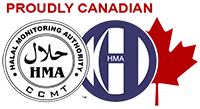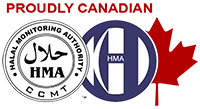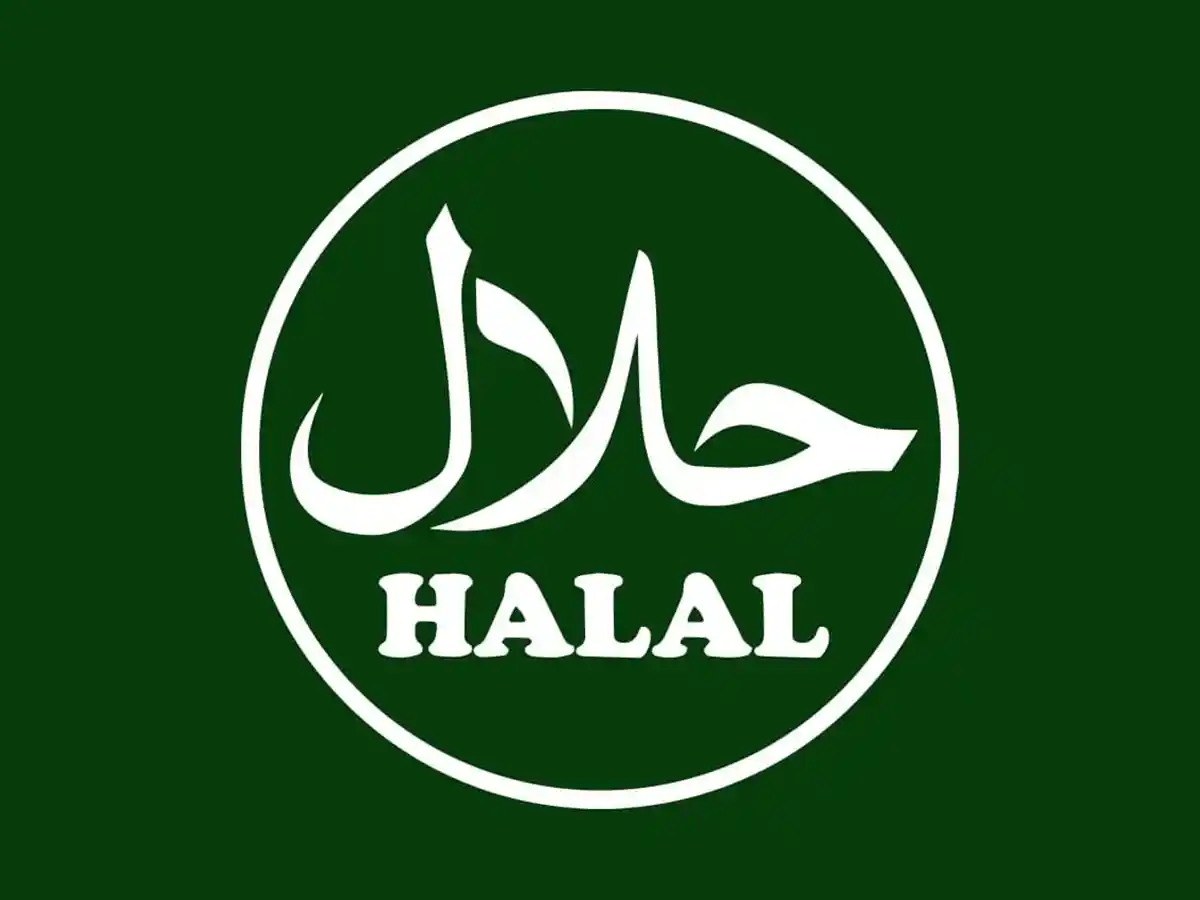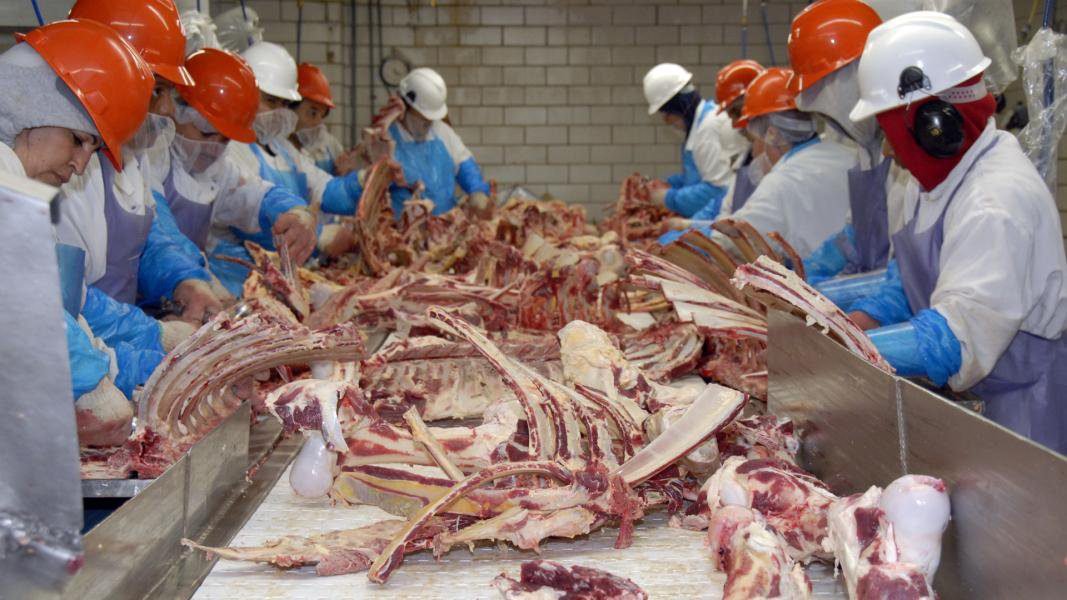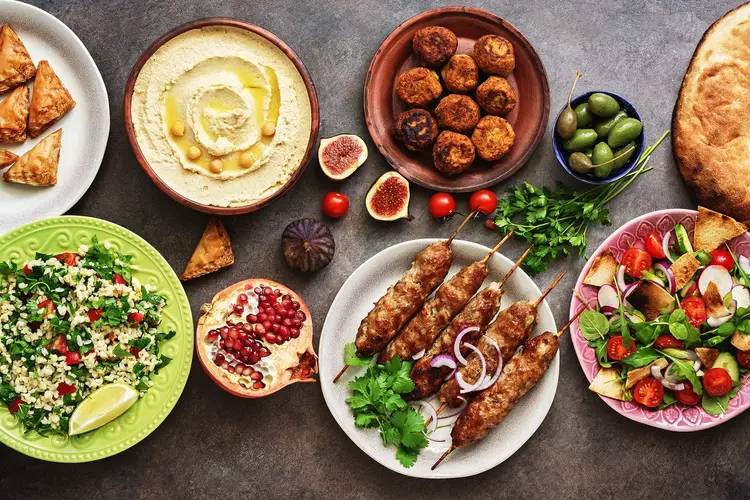Despite the global economic recession caused by the pandemic, the global halal industry is expected to expand and continue to thrive.The world’s Muslim population has grown to 1.8 billion people and is continually growing. The tremendous rise of the Muslim population will almost surely benefit the Islamic economy’s development. In 2015, the worldwide halal goods industry was very profitable, with the meat halal and processed food and beverage categories being the most appealing. This industry is diverse, encompassing everything from food and beverage to personal care and pharmaceuticals. Since halal food and drinks dominated the industry in 2015, the biggest halal food and beverage firms have seized a significant percentage of the market. Due to the lack of worldwide halal standards, enterprises must independently obtain halal certification from each country’s regulatory authority. “HMA Canada” is a premier Halal Certification authority in Canada, with international recognition in all areas of the Halal business, including meat and poultry, slaughter, and production services.
At HMA CANADA, we provide Halal education, examine halal meat certification processes in Toronto, and answer simple queries like “What is Halal?” to more worldly concerns about additives, preservatives, flavorings, and colorings. The Halal Monitoring Authority Canada provides a resource for consumers and companies seeking information about Halal goods, processes, and practices. With us, you are developing an ethical, socially responsible, and successful company model that matches consumers’ discriminatory behavior by embracing Halal regulations. Shifting your company to Halal is an excellent method to assure its long-term viability and profitability. It helps you stand in the international market, where you can explore new business opportunities. According to the 2019 State of the Global Islamic Report, Muslims spend over USD 2.2 trillion on halal items such as food and drinks, medications, and other products promoting a halal lifestyle. By 2024, this sum is expected to rise to USD 2.4 trillion, with the halal food and beverage industry, cosmetics, medications, Islamic financial services, modest fashion, halal tourism, and Islamic media all expected to play a significant part.
According to the State of Global Islamic Report, all areas of the halal business, particularly halal food, saw significant declines in 2020. In 2021, however, it was expected that all halal industrial sectors would grow. Meanwhile, the number of halal food transactions granted in 2019 was USD 1.17 trillion, up 5.1 percent from 2017. This value is expected to grow at a 6.3 percent annual rate until USD 1.38 trillion in 2024. The interest of prominent commercial leaders such as Haribo, Nestle, and Ferrero Rocher in obtaining halal certification to attract Muslim consumers highlights the potential of the halal food market. With transactions totaling USD 173 million, Canada is the world’s top spender in the halal food market.
Several reasons contribute to the halal industry’s expansion, including:
- The Muslim population is expected to expand to 2.2 billion people by 2030. This rise is claimed to be double the non-muslim population of the world.
- Growing religious awareness among Muslims has resulted in increased demand for halal items.
- Because of the widespread use of cell phones and technology in Canada, the Muslim community has become increasingly digitally connected. One technique to aid halal industry practice is using technology and devices.
- They are increasing the ethical-consumerism movement, which adheres to halal living values. The halal way of life is significant for everyone. As a result, many non-muslim customers opt to live a halal lifestyle and purchase items from the halal business that are assured to be safe, clean, and sound.
One of the primary reasons for the global halal industry’s growth is the halal lifestyle. Many individuals are increasingly interested in the halal lifestyle as they become more aware of halal products and the manufacturing, distribution, and consumption procedures that support them. Not to mention the current outbreak of COVID-19. Humans must pay greater attention to what they ingest. As a result, people will prefer halal items that are assured to be friendly, clean, and safe.
Canada is rated ONE OF THEM in the Global Islamic Economic Indicator (GIEI), which ranks its participant countries’ global halal industry. Halal food, modest fashion, pharmaceuticals and cosmetics, tourism, and Islamic-based media will be the cornerstone industries for Canada’s halal business to expand. Being the world’s biggest Muslim country, Canada offers enormous opportunities and market potential in the halal business. The government has released some regulations to encourage the halal business, ranging from speedier and one-stop halal certification, such as HMA, to various types of assistance intended to help the industry develop faster. On the other side, company owners must be more active in teaching and socializing with their customers to boost halal sector knowledge substantially.
In conclusion, the market forecast indicates that the global Halal market has a very bright future, not only because of the projected significant increase in the global Muslim population but also because of numerous multinational corporations’ trend to expand their Halal consumables product availability. If developments materialize as expected, the Halal goods market will transition from niche to mainstream in only a few years, thanks to an increased demand for access to the transparent, clean, and ethical character of Halal food, cosmetics, and pharmaceuticals.
